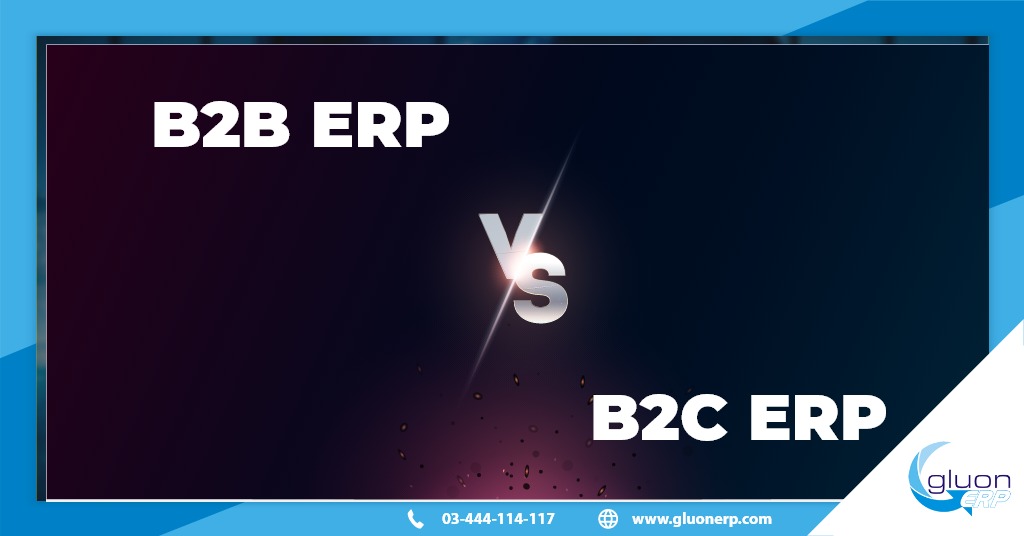
B2B ERP vs B2C ERP
If you did not know this before, know it now – there are two forms of ERP. One is for B2B (Business-to-Business) purposes, and the other is for B2C (Business to Customer) purposes. First, let us look at what B2B means and what B2C means. Only then, we can understand the difference between the B2B and B2C ERP Software.
What is B2B and B2C ERP Software About?
Business-to-business ERP system works differently because the very both businesses think is different, and so are the features required different. A B2B ERP solution may focus on features needed by business management. It must be user-friendly for employees. A B2C ERP software would be about features that make interacting both ways easier. It must be user-friendly for customers.
Moreover, the B2C ERP will make timely payment collection easier. When customers come into a shop, they purchase and a sale happens. The ERP for this purpose will be designed to accommodate this business process. In the B2B ERP, the buying business purchases a large number of products in bulk. This means the payment will come later after-sales. The ERP solution (e.g. AROMAERP) for this will have customized features for this.
Moreover, B2C ERP will make inventory management easier. It will also have the capacity to place an order on demand. However, the B2B business will have a more complex demand and planning protocol. It will have features for managing manufacture and stocking.
While the B2B ERP and B2C ERP software will have many other similar features, it will have the following distinct features:
Accounting
B2B companies have different terms to sell products. This means there is a need for stronger accounting functions. The software must be able to track outstanding sales, and the amount owed. It has a general ledger that updates automatically, keeping records in spreadsheets.
Supply Chain Management
B2B ERP solution helps the companies plan to stock their inventory based on almost accurate projections of future demand. It uses real-time data and insights and historic data to predict sales and prevents overproducing or missing sales.
Supporting Documents
B2B companies also have many documents that need filling out. A B2B ERP software tacks freight invoices, credit applications, etc. It can keep track of automatic processes and fills them automatically. This creates transparency and makes auditing easier and accurate.
However, it is important to mention that B2B ERP systems vary in their features, and they differ from B2C ERP systems. In both cases, they make business management and reporting easier. They improve the transparency and performance of employees and customer experience. Using ERPs is always good for success.




Comments